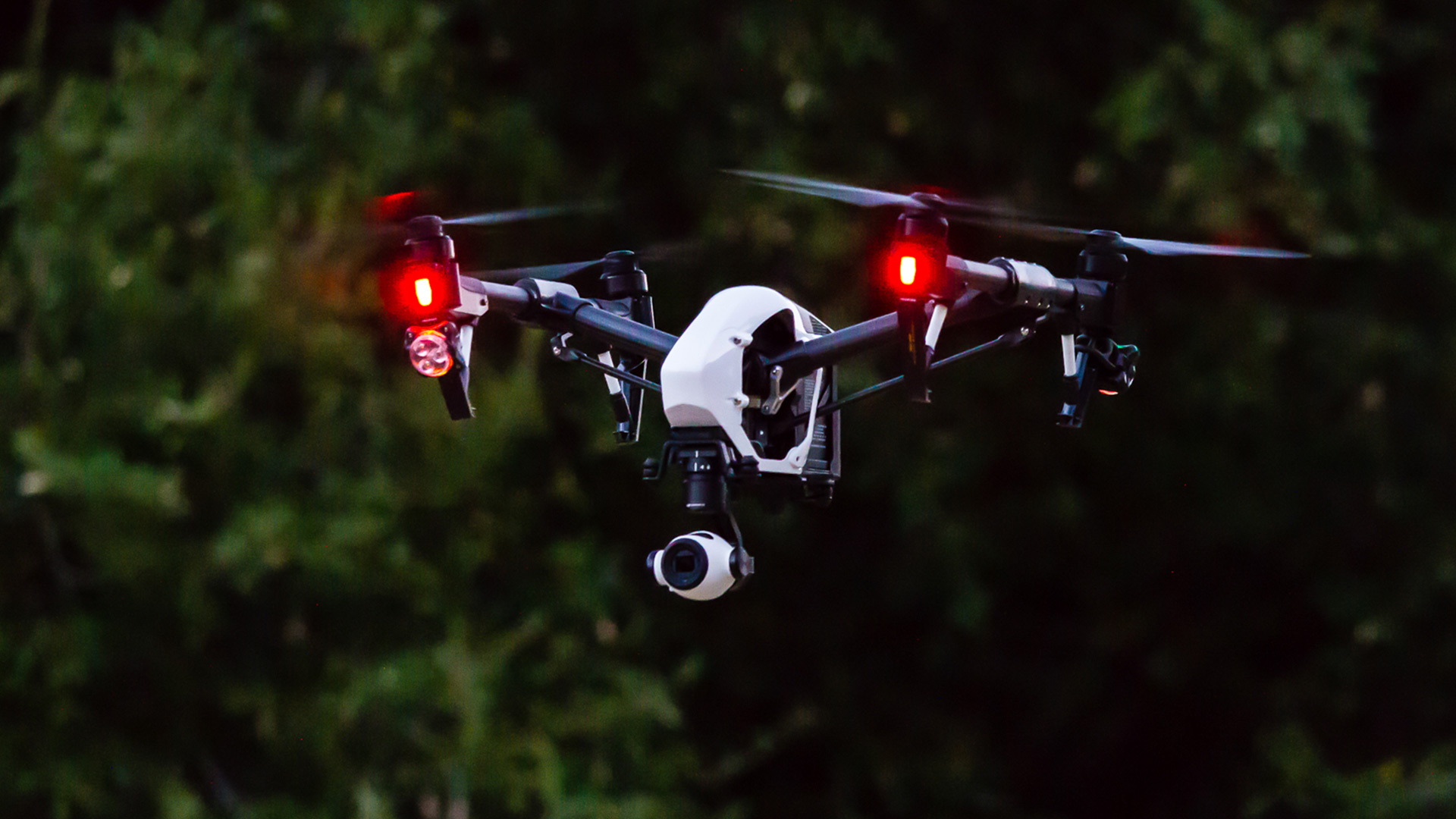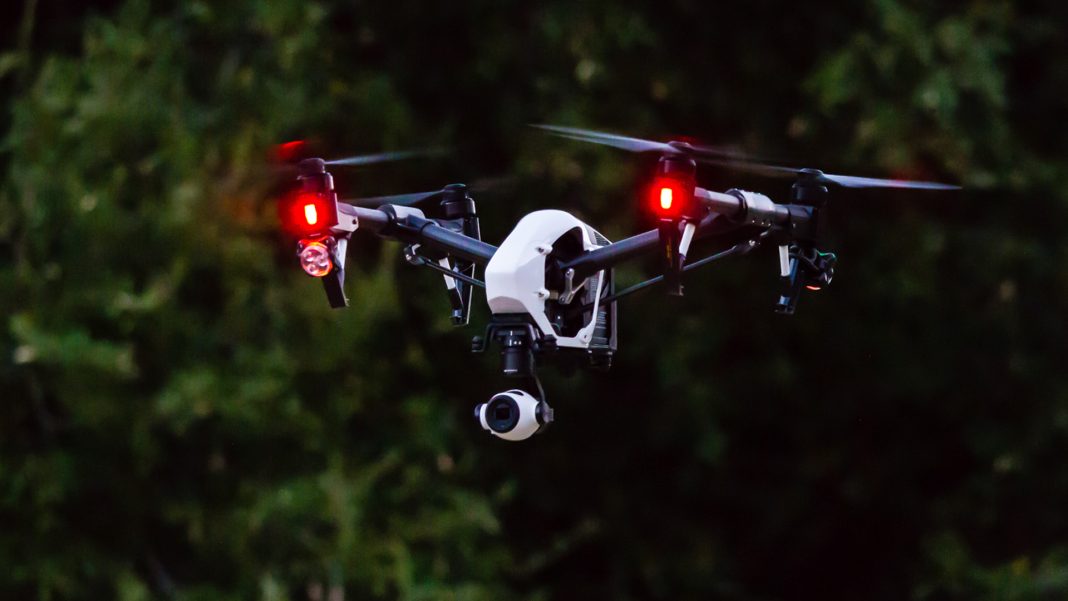 Drones are becoming an increasingly popular tool for law enforcement agencies in Colorado. Agencies such as the Denver Police Department (DPD) are considering dispatching drones to respond to 911 calls, a move that some believe is the future of law enforcement. Sgt. Jeremiah Gates, who leads the drone unit at the Arapahoe County Sheriff’s Office, stated that whether people like it or not, drones are the future of law enforcement.
Drones are becoming an increasingly popular tool for law enforcement agencies in Colorado. Agencies such as the Denver Police Department (DPD) are considering dispatching drones to respond to 911 calls, a move that some believe is the future of law enforcement. Sgt. Jeremiah Gates, who leads the drone unit at the Arapahoe County Sheriff’s Office, stated that whether people like it or not, drones are the future of law enforcement.
Currently, at least 20 agencies in Colorado’s Front Range already use drones for various tasks, such as searching for missing individuals, tracking suspects, mapping crime scenes, and conducting overhead surveillance during SWAT operations. The potential use of drones in responding to 911 calls would allow them to provide valuable information from the location of an incident before officers are deployed. This could help prioritize more pressing calls by sending drones to less urgent situations.
The benefits of using drones in law enforcement are evident. Sgt. Gates explained that drones could be used to assess suspicious vehicles without requiring officers to physically respond. By flying a drone over the vehicle, officers can quickly determine if there is any cause for concern. This not only saves resources but also reduces unnecessary interactions between officers and citizens.
However, concerns have been raised regarding the impact of widespread drone usage on people’s freedoms. Laura Moraff, a staff attorney for the American Civil Liberties Union of Colorado, expressed worries about the implications of drones constantly surveilling the skies. She emphasized that surveillance by law enforcement, including drones, can have a chilling effect on free speech and organizing protests.
The Denver Police Department had previously halted its drone program in 2018 due to constitutional concerns. However, they are now looking to expand their drone program using a $100,000 grant from the Denver Police Foundation. Phil Gonshak, director of the department’s Strategic Initiatives Bureau, envisions drones as first responders. The goal is to have drone stations in each district to quickly respond to critical needs or emergencies throughout the city.
Gonshak clarified that drones would not replace calls for police officers but would be used in situations where physical presence is not necessary. For example, if a fight is reported at a specific location, a drone can be deployed to assess the situation and determine if police presence is required. This way, officers can be rerouted to more urgent calls, ensuring effective resource allocation.
To address concerns about privacy and potential violations of personal freedoms, the DPD aims to create a public-facing dashboard. This dashboard would allow residents to track the flight paths of Denver police drones, providing transparency and easing concerns.
The use of drones as first responders is not limited to Colorado. The city of Chula Vista, California has already implemented this approach, with over 4,000 instances since 2018 where officers have avoided responding to 911 calls due to drone usage. This shows that using drones in law enforcement can have tangible benefits in terms of efficiency and resource management.
In conclusion, the use of drones in law enforcement is gaining traction in Colorado and beyond. While there are concerns about privacy and personal freedoms, steps are being taken to ensure transparency and protect citizens’ rights. Drones have the potential to revolutionize law enforcement by providing valuable information, prioritizing emergency calls, and optimizing resource allocation. As technology continues to advance, it is crucial for law enforcement agencies to strike a balance between utilizing drones for public safety and respecting individuals’ civil liberties.


